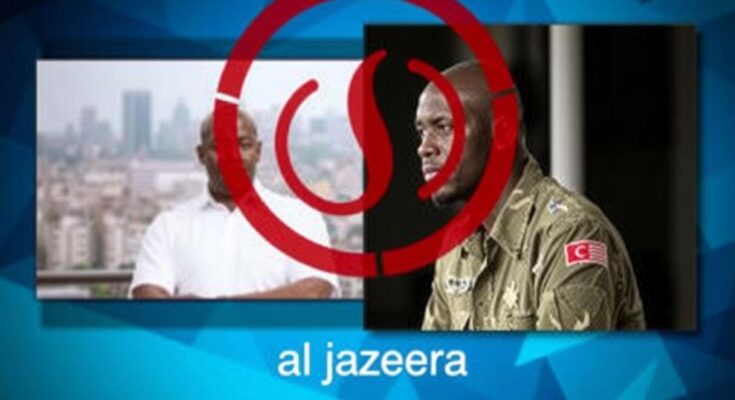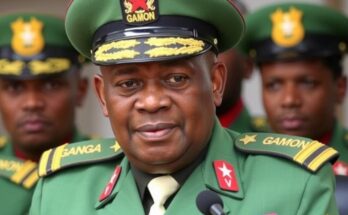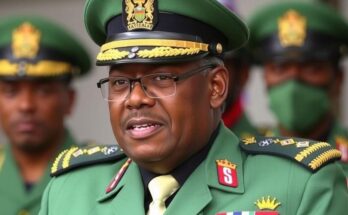The Congolese government has banned Al Jazeera following its interview with M23 rebel leader Bertrand Bisimwa, which criticized government actions. The Justice Minister threatened journalists covering the M23 with death penalties, raising concerns over press freedom and media censorship. Critics have condemned the ban, highlighting the need for diverse viewpoints in reporting.
The Congolese government has officially banned Al Jazeera following their airing of an interview with Bertrand Bisimwa, the leader of the M23 rebel movement, which has recently intensified its military operations in eastern Congo. In his interview, Bisimwa accused the Congolese government of violating a ceasefire agreement and characterized the conflict as an “existential war.” The government subsequently revoked Al Jazeera’s press credentials, labeling the network’s actions as supporting terrorism without proper accreditation. Further escalating tensions, the Justice Minister threatened journalists covering the M23 and related military activities with the death penalty, although there is currently no law explicitly prohibiting media coverage of such groups. Critics, including opposition representatives and activists, have denounced the ban, emphasizing the importance of freedom of expression and the necessity of diverse perspectives in reporting.
The Democratic Republic of the Congo has been embroiled in conflict for decades, with numerous armed groups operating within its borders, particularly in the eastern regions rich in natural resources. The M23 movement, historically significant, has caused widespread displacement and unrest, raising international concern. Recent events, including the M23’s territorial gains and its ramifications on regional stability, have heightened scrutiny of media coverage of the group’s activities and the government’s response to dissenting narratives.
The ban on Al Jazeera represents a serious infringement on press freedoms in the Democratic Republic of the Congo, with significant implications for journalist safety and the public’s right to access diverse viewpoints. The government’s overt threats against reporters raise alarms regarding censorship and the suppression of critical voices in the face of ongoing conflict. As the situation evolves, international observers will likely monitor the implications for both media freedom and the broader political stability within the region.
Original Source: apnews.com




